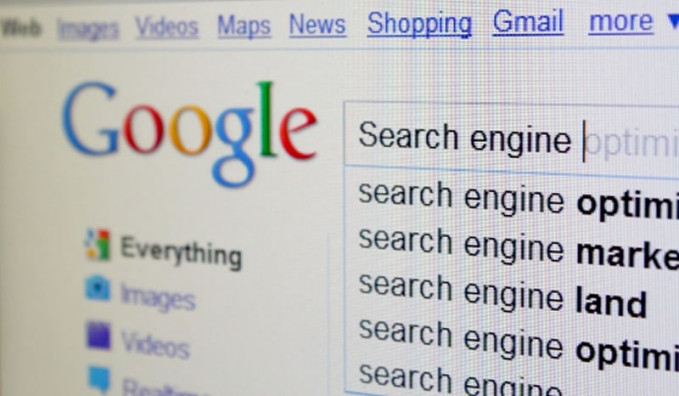
Few companies in the tech world can claim that they have changed the world. Google is definitely one of them. What started as a venture by two student friends ended up a multibillion dollar tech giant that includes the world’s biggest search engine, video streaming service, the mobile operating system and much, much more. We are talking about a company that managed to invent a new noun that signifies search – to Google – with results now not only listing relevant websites but actually ordered data. So, no matter if you’re looking for when Team GB is next up for a medal at the Rio Olympics, what ingredients you need to make a healthy pizza, or where to find information on more than 100 NetEnt casinos – Google is where you look.
Google’s interests have shifted from mere search engine results – the tech giant is now going more and more social, yet continues to expand and introduce bold new ideas that aren’t limited to tech. However, in its heart, Google is still a search engine and herein lies the crux of the piece – is Google still a reliable search engine or have the tides shifted?
Internet users around the globe do the vast majority of their searches on Google, with millions of those users accessing the web using Google’s Chrome browser and/or Android operating system. We rely on Google to deliver our emails via Gmail, watch our favorite videos via YouTube, write and edit documents using their Google Docs and even store valuable data via Google Drive. That is a lot of personal information to be held by a single company, no matter who they are.
We are all reliant on Google, and that means they do hold a huge amount of power and influence over most internet users, and with great power comes great responsibility. The words “Don’t be evil” were included in the prospectus (on Form S-1) of Google’s 2004 IPO, and remain in the Google code of conduct, while parent company Alphabet is guided by the motto “Do the right thing” – but can we still trust Google to follow these words?
Recently, some have accused Google of trying to influence election results – with search results showing vastly negative comments about Donald Trump – seemingly unaware that Google is just reflecting the vastly negative opinion of the US presidential candidate by the majority of Americans and everyone else across the globe. So Google were not manipulating results here, but with their search dominance as high as 90% in many places – they certainly could.
Search results are already different for each person thanks to the “filter bubble”, where Google knows so much about us they know what we’re really looking for even if we haven;t quite got the search terms right. A simple example is Google knowing your location to work out that when you search for “Coach & Horses pub”, you mean your local and not any of the hundreds of others with the same name. A more intricate version might be that if Google knows you are politically on the left of the spectrum, if you are searching for David Cameron – you are more likely to want a negative story about him than a positive one, so they will rank the results to reflect that – rather than just being sorted by PageRank. Google gives you what you are most likely to click on – so they do manipulate results, but currently this is not for monetary gain.
So far, Google has managed to mostly walk on the right side of the line, even deciding to penalise the search results of its own Chrome browser after it found a marketing agency it employed was using deceptive practices – but then it does still have its two geeky and idealistic founders at the helm. As Google’s links into our souls gets ever deeper, with their technology likely to underpin everything from contactless payments to driverless cars – what will happen when they retire?
Governments around the world already force Google to censor results, with a number of Western governments, most notably the UK, attempting to act as the moral police for internet users. Governments already want to interfere if you are searching for adult material, political sensitive topics, or even gambling.
Google has a huge amount of our data at its fingertips, and its business relies on using that data to better target advertising at us – AdWords and AdSense the major part of how they fund the entire business. What will happen once the founders are no longer on the scene and Google just becomes another big corporation looking to squeeze the last penny from its businesses rather than any interest in public good or invention?

